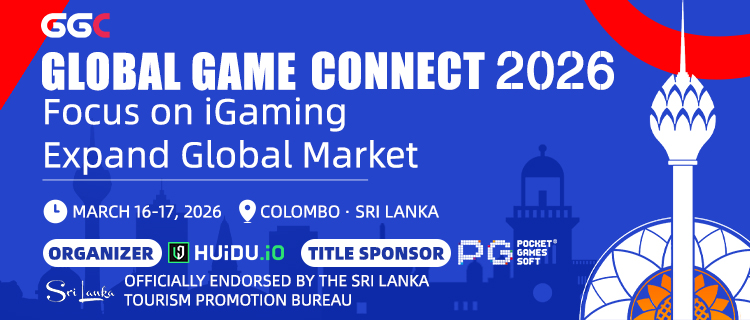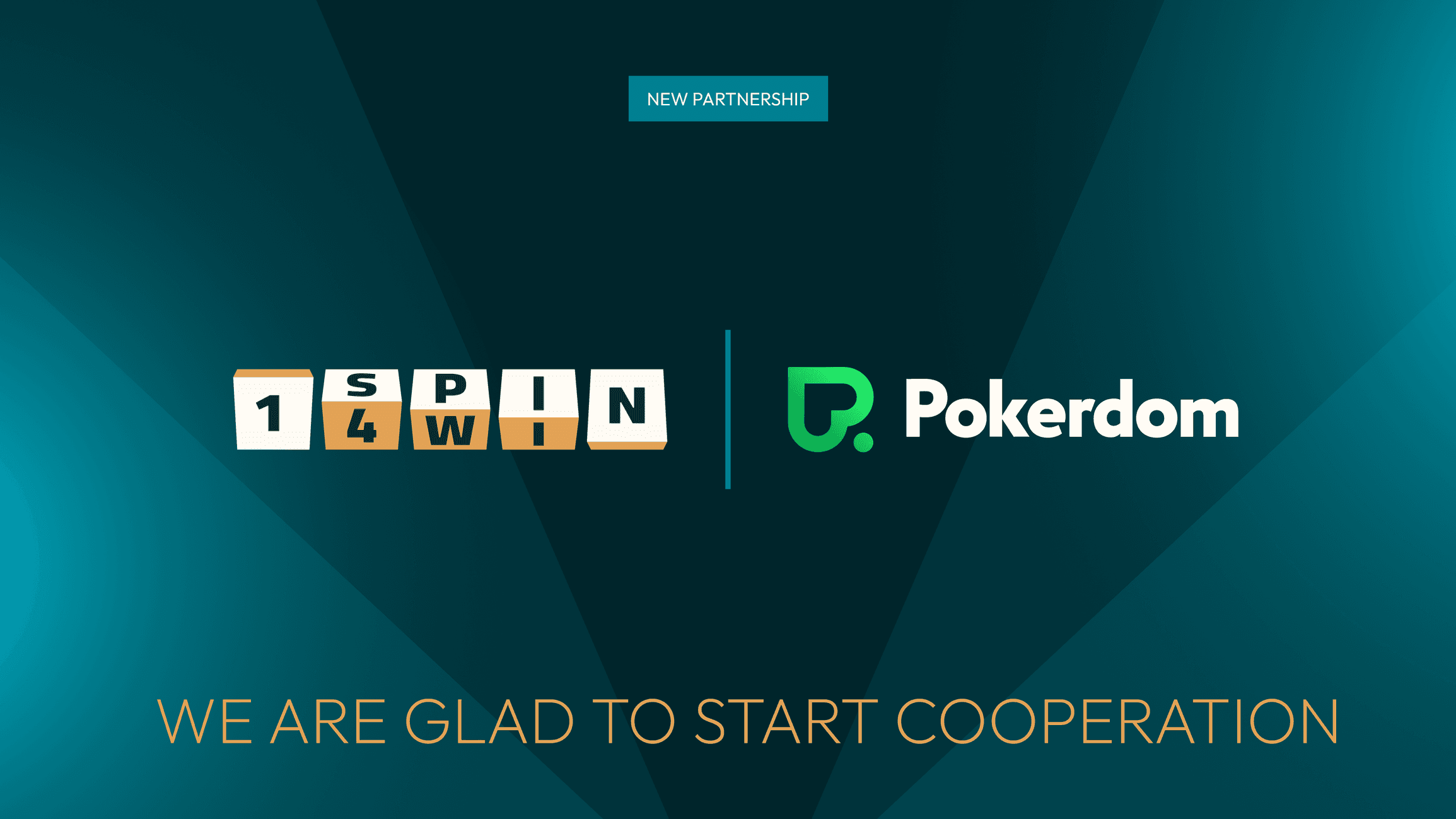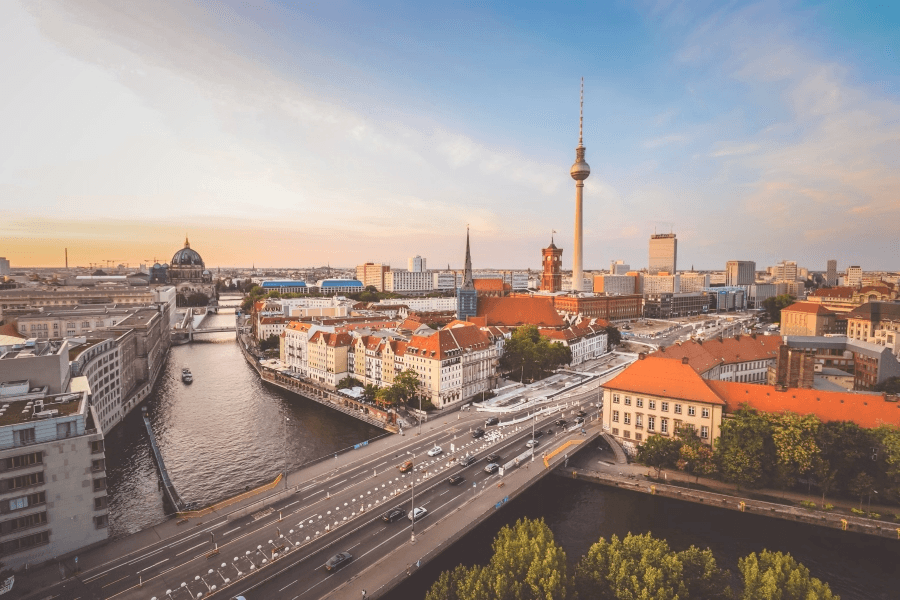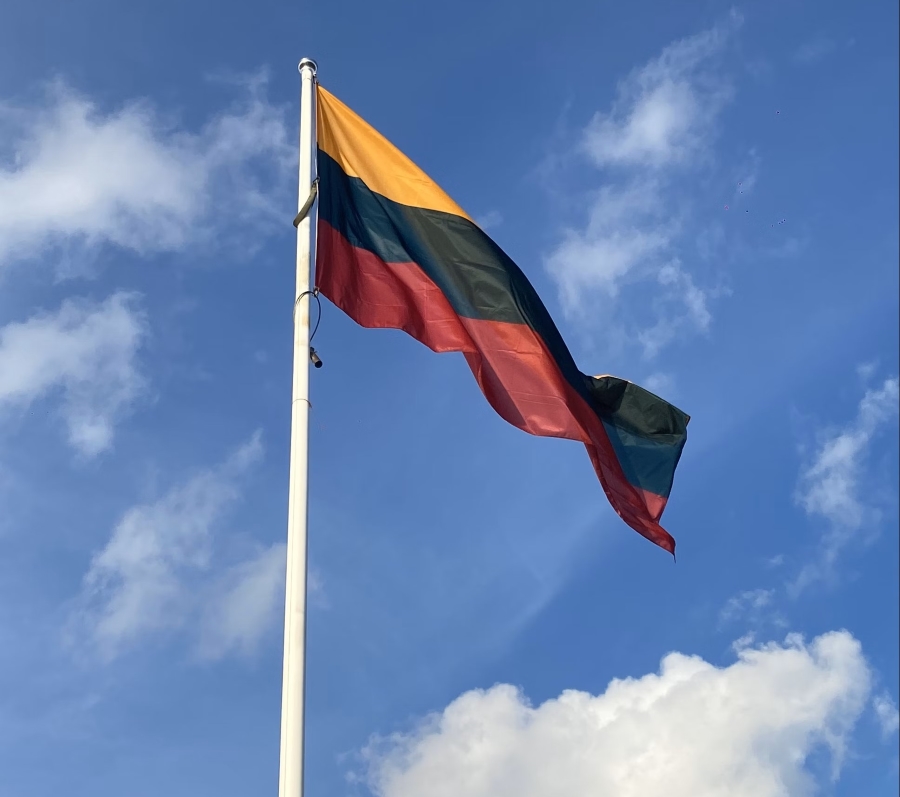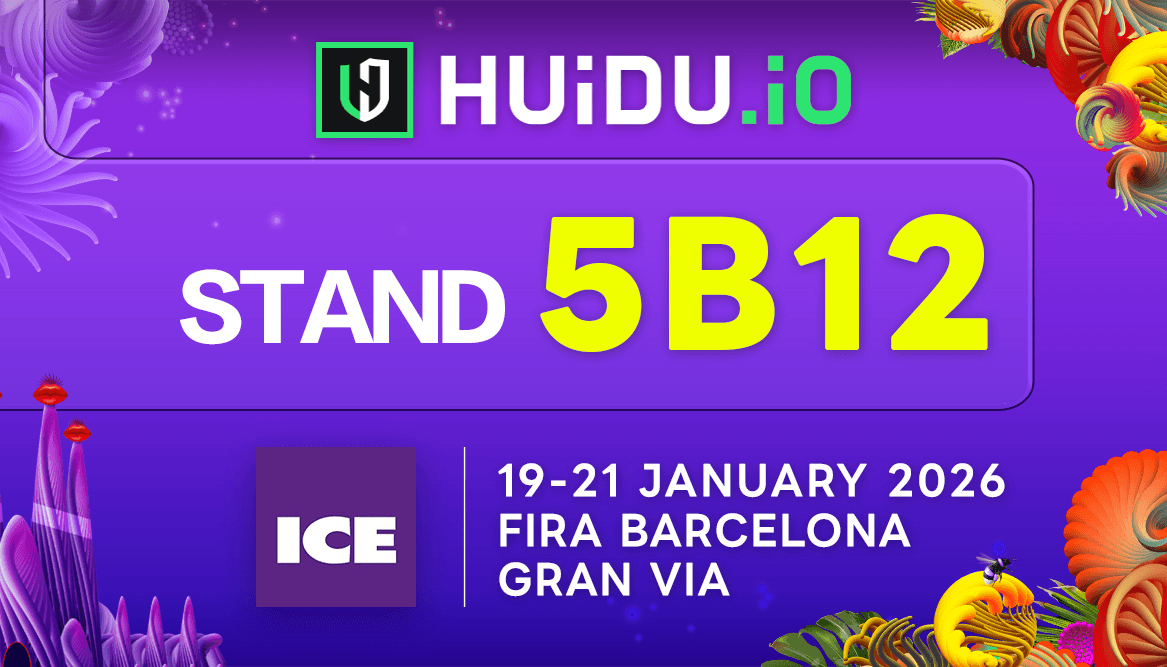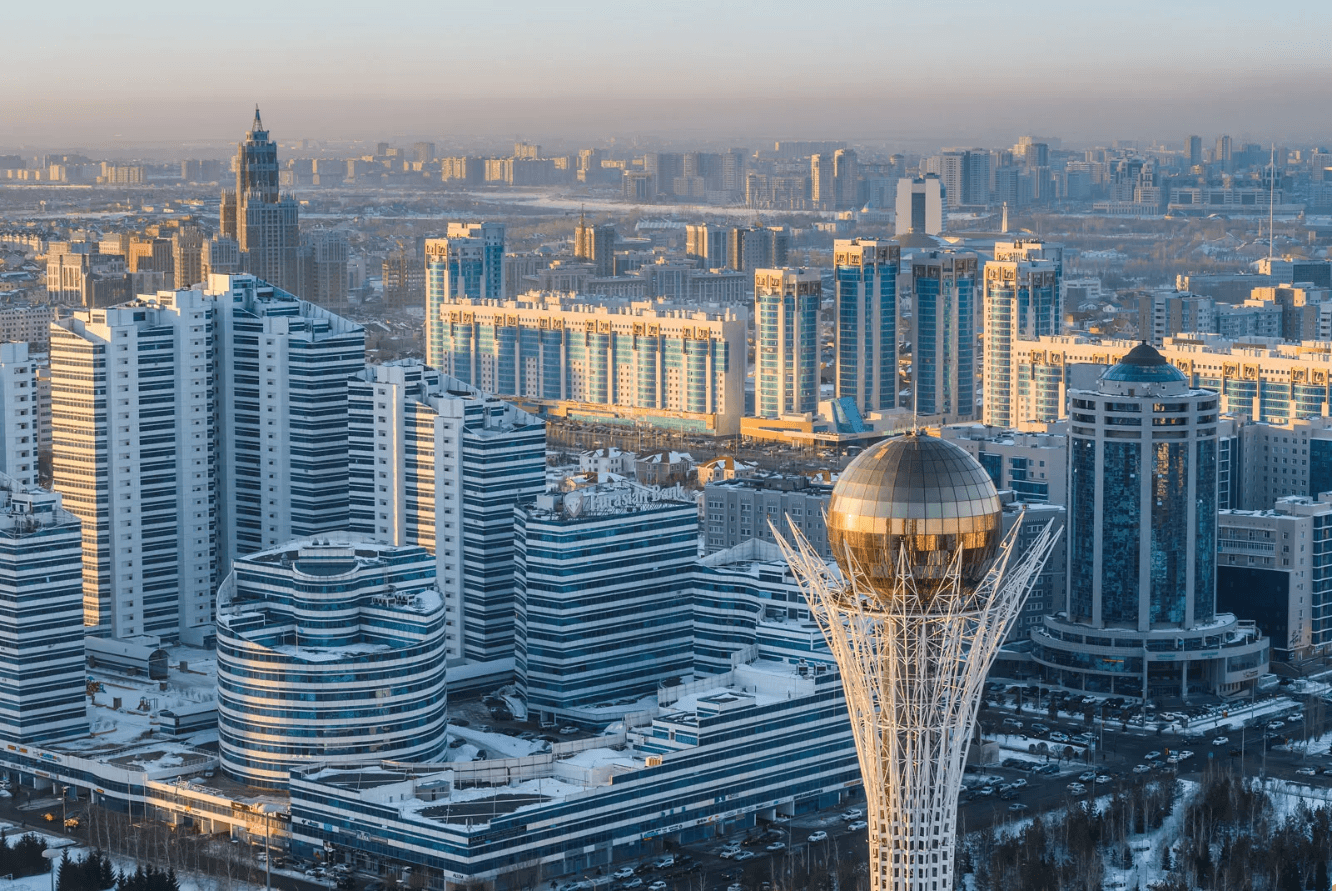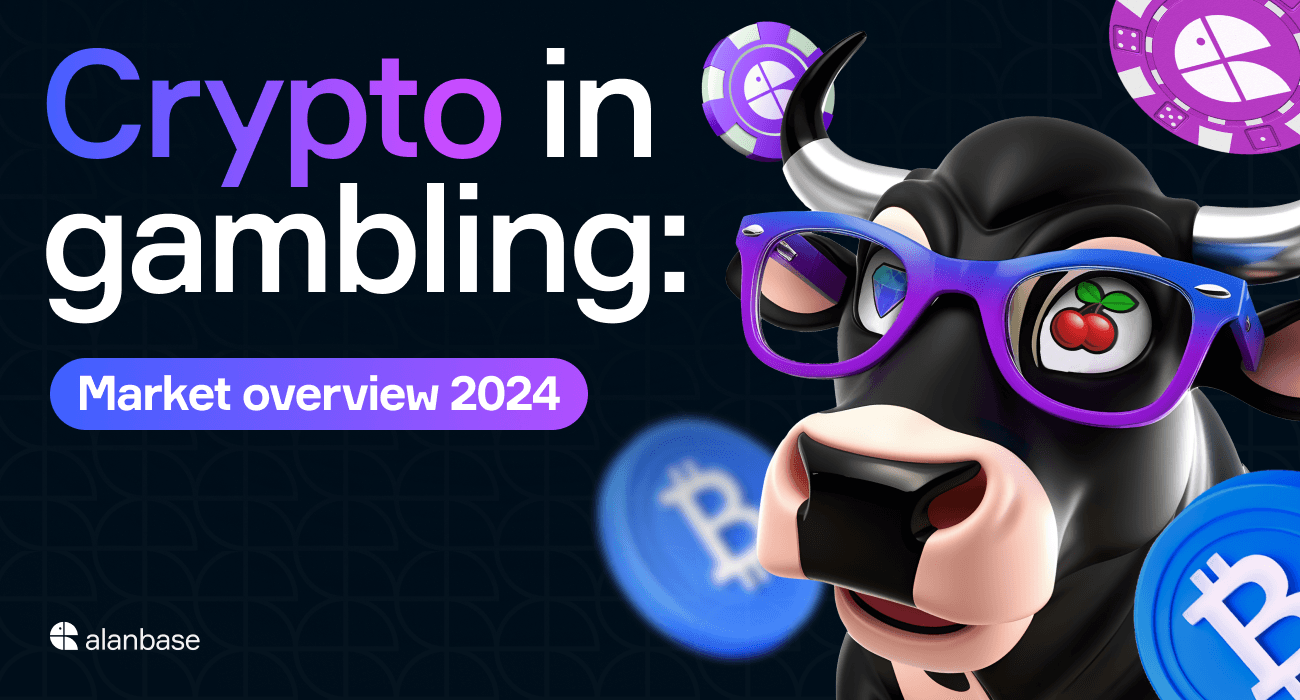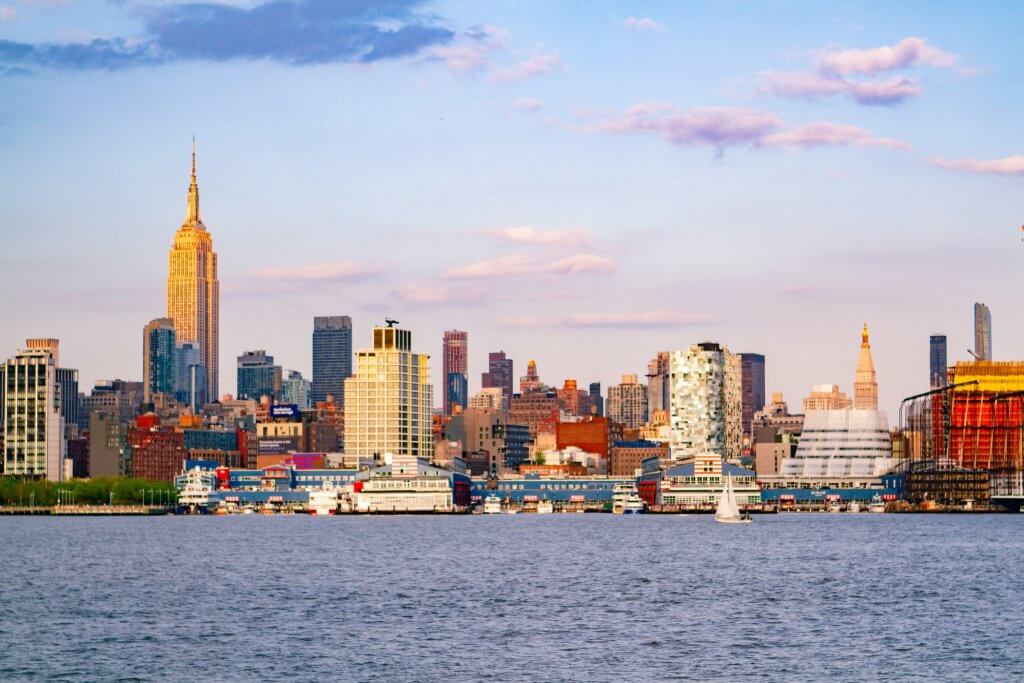The Supreme Court has officially requested the federal government to respond to the PIL seeking a nationwide prohibition of online gambling platforms. The petition, filed by the Centre for Accountability and Systemic Change (CASC) on October 13, accuses certain online platforms of engaging in gambling activities under the names of “social games” and “e-sports.” It also points out that the Online Gaming Promotion and Regulation Act, passed in August 2025 and effective from October 1, has regulatory loopholes that fail to effectively cover social gaming applications with gambling mechanisms.
A bench comprising Justices JB Pardiwala and KV Vishwanathan heard the arguments but did not issue an immediate verdict. Instead, it directed government counsel Chandrashekar Venkataraman to examine the contents of the petition and instructed the government to “conduct a thorough investigation into the matter.” The Court has granted time for the government to prepare a formal response, with further hearings expected in the coming weeks.
Background and Core Allegations
The petition names six government ministries and technology companies as co-respondents, including the Ministry of Electronics and Information Technology, Ministry of Information and Broadcasting, Ministry of Finance, Ministry of Youth Affairs and Sports, as well as Apple India and Google India. According to CASC, more than 650 million Indians engage with such games, leading to widespread financial distress, addiction, and cases of youth suicide, describing the situation as a “national crisis.”
Regulatory Loopholes and Additional Demands
Beyond seeking a prohibition of such platforms, the petition proposes several regulatory measures, including stronger enforcement against foreign betting websites, restrictions on celebrity endorsements of gaming products, and enhanced payment oversight by the Reserve Bank of India (RBI) and Unified Payments Interface (UPI) operators to block user payments to unregistered gaming websites. These measures aim to cut off the flow of gambling funds at the payment stage and curb the spread of illegal gambling activities.



 2025-10-22
2025-10-22
